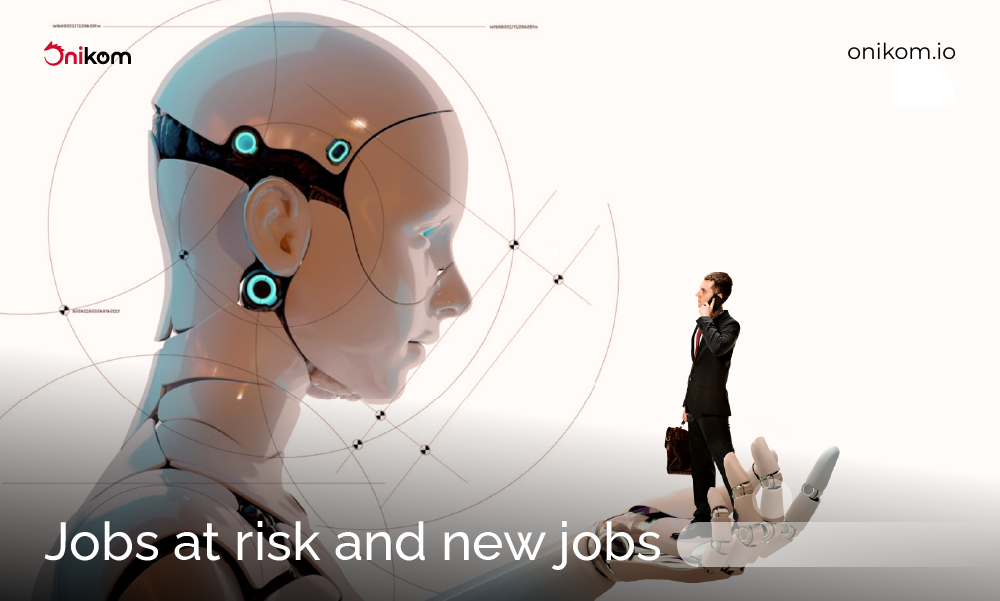Artificial Intelligence (AI) is a rapidly growing field that has the potential to revolutionize many aspects of our lives. However, this progress is accompanied by concerns about the impact of AI on the job market. While some people believe that AI will create new jobs and opportunities, others worry that it will lead to widespread job loss and disruption.

According to a report by the Organization for Economic Co-operation and Development (OECD), 27% of the workforce is at high risk of being automated by the introduction of AI technology. The report also warns that many of these at-risk jobs are currently considered “highly skilled” and include occupations in finance, medicine, and legal activities.
On the other hand, AI is also creating new employment opportunities in fields such as data science, machine learning, and robotics. For example, one emerging job is that of a “personality designer,” who determines the architecture of AI systems such as the virtual assistants Alexa and Siri. These designers are responsible for building and refining the image these voice assistants convey to users.
Another new job created by AI is that of “ego teller” or personality scriptwriter. Their mission is to shape the personalities of AI systems and make them as human-like as possible. They work together with personality designers to define a specific profile for the AI system, endowing it with a particular lexical field, behavior, tone of voice, posture, etc.
In conclusion, while AI presents risks for certain jobs, it also creates new opportunities for those with the right skills and training. It is important that governments and businesses invest in education and training programs to help workers adapt to these changes and take advantage of the new jobs created by AI.
